It is a dull day, a slow sluggish morning that drags into a dry and empty afternoon. The sky is grey, everything outside is drained of colour, and the sun hasn’t made an appearance. And you? You’ve just been sad and upset the whole day.
Winter laziness is one thing, but you have been bordering on a state of sheer hopelessness, dread, and melancholy.
You are more incredulous because you can’t explain the change in the mood either. You were fine yesterday and the day before. There was a little desolation in the day the week before that but that is normal, yeah? So on and forth you make sense of the mood swing. Little do you know that you might be suffering from S.A.D.
No, not sadness, but Seasonal Affective Disorder.
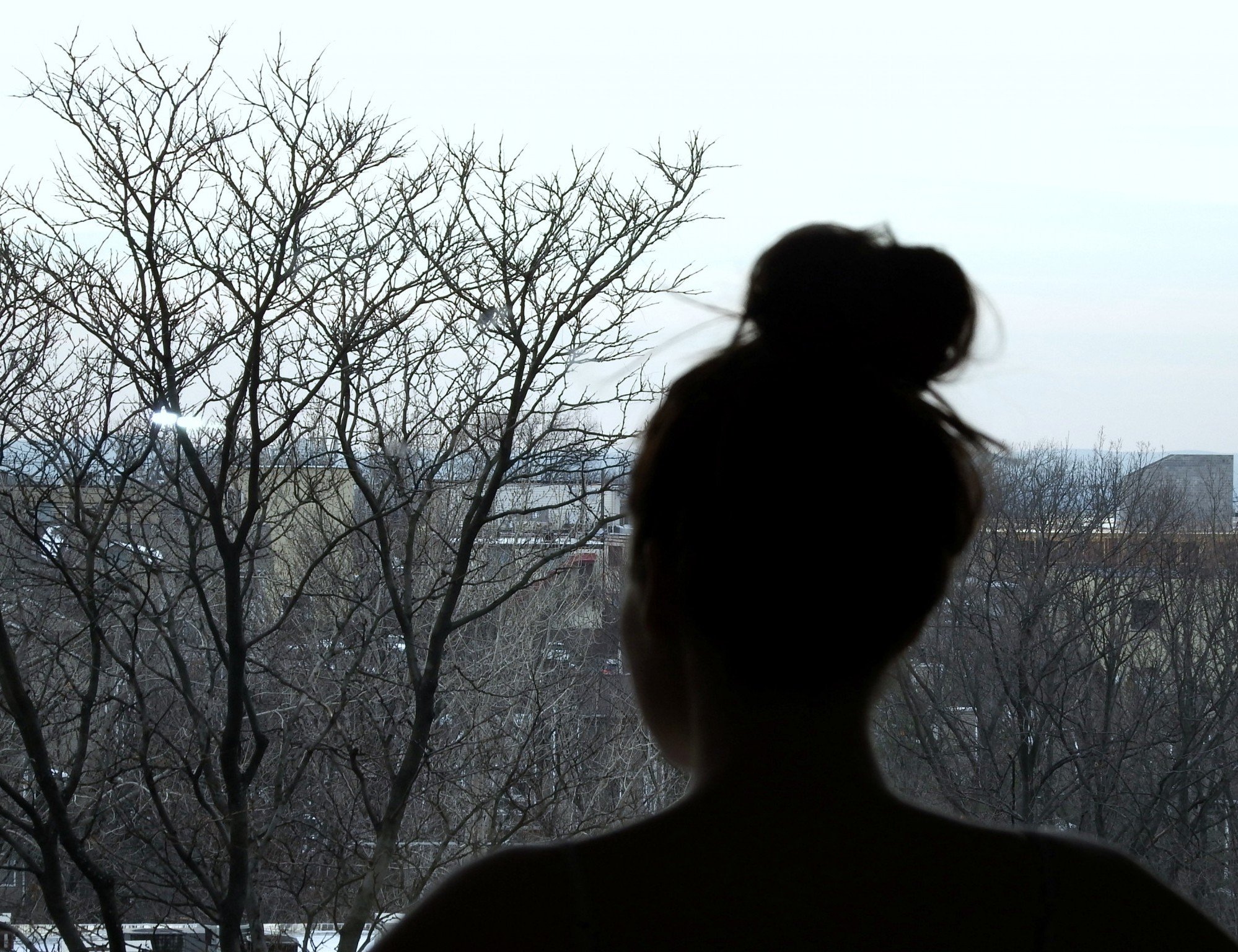
Seasonal affective disorder is a form of depression that’s interconnected with the changes in seasons, in a way that SAD comes and goes at around the same time each year. Mostly, SAD symptoms start showing in Autumn and continue through the Winter, wherein you become a moody, desolate person, with unexplained unhappiness lingering around.
Many people write off this change in behaviour and mood as a phase, Winter blues or simply a funk. Those are some ways to approach depression as well. Wrong, on both counts. Just like clinical depression, SAD also needs to be treated, kept a check on, and taken steps for to be treated.
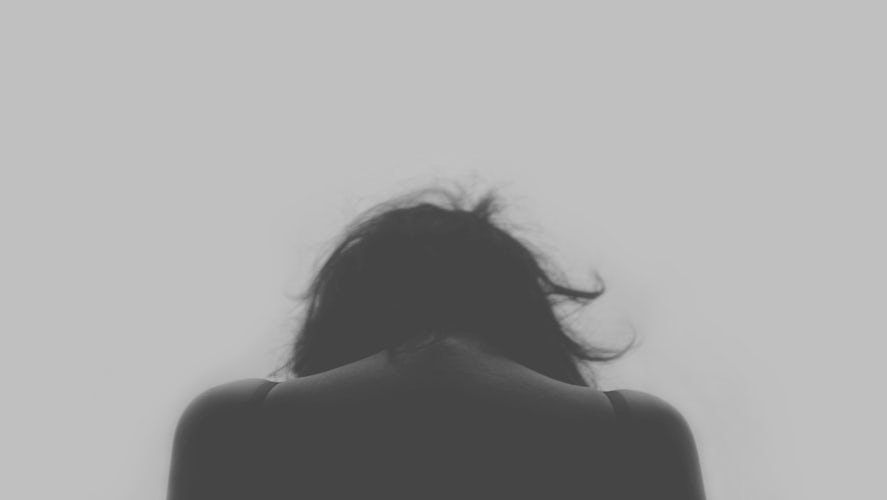
Symptoms of SAD are very much like the symptoms of depression.
There is the gloomy feeling hanging around you all the time, you lose interest in doing anything or worse, getting out of the house, social withdrawal, resorting to alcohol and/or other drugs, being low on energy, sleeping too much and even then being constantly tired, changes in appetite (mostly craving food high in carbohydrates), feeling listless and hopeless.
S.A.D in autumn and winters is caused by the reduced amount of sunlight.
The days shorten as winter falls, thus affecting the body’s internal clock. Your melatonin level is also affected by the change in the season, therefore affecting your sleep pattern. The reduced sunlight also reduces the serotonin in the body, Serotonin is the chemical in the brain that regulates happiness, mood and anxiety.
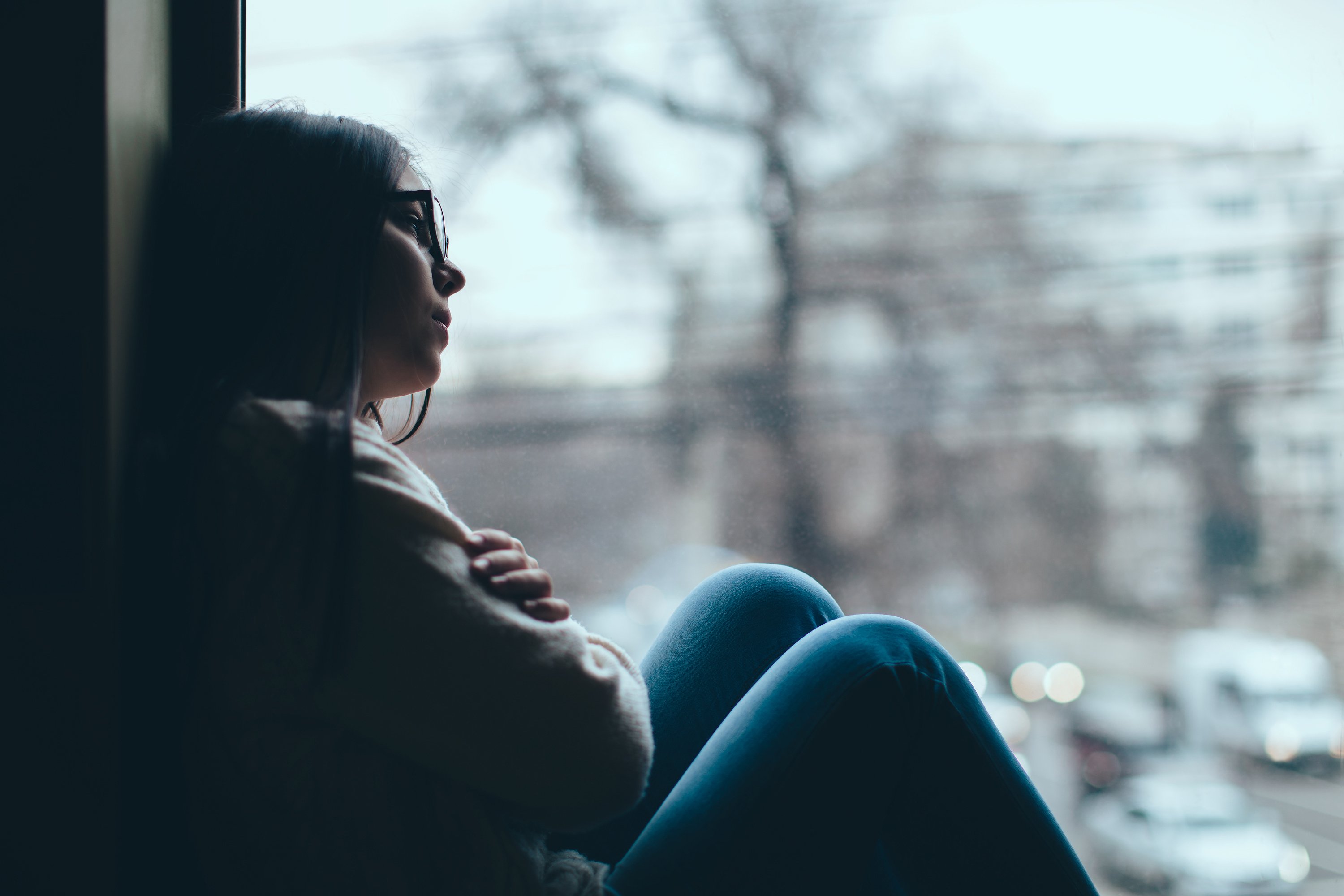
There is a ray of sunlight (metaphoric) that works like a silver lining, it is that S.A.D. can be managed and contained quite easily.
- Light therapy is the foremost and an essential part of treating S.A.D. It involves sitting under a little away from a light box for a while right after waking up. While this requires medical consultation, I believe that natural light works best – you know, sit in the garden, absorb Vitamin D, remove the blinds at work, et al. It is when the sun is absent that you should be resorting to artificial light.
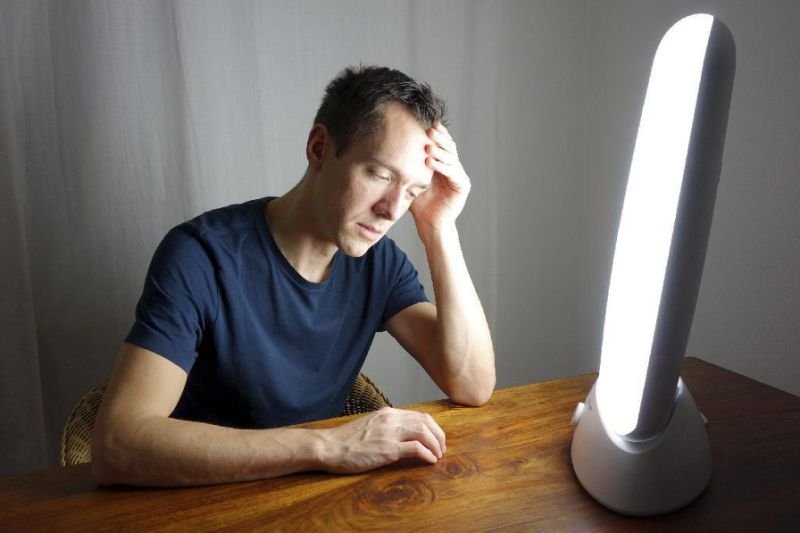
- Personally, I also tend to rely on some natural antioxidants that make me feel better; green tea, warm orange juice, salads, honey ginger lemon tea, et al. But go ahead and find your own, different things might work for you.
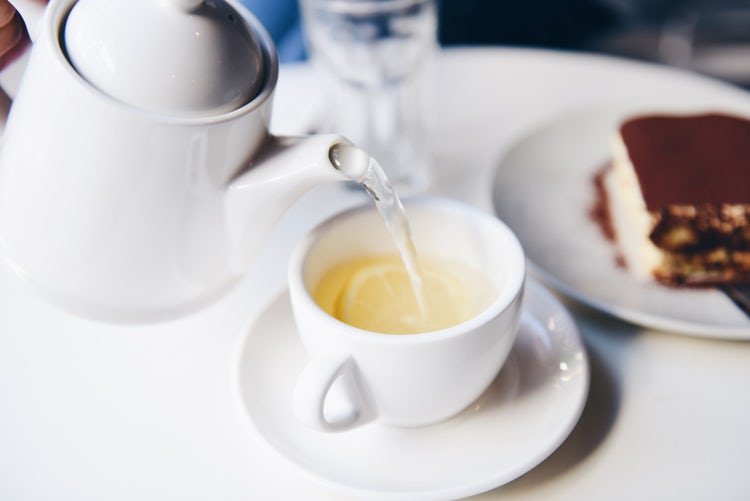
- Yoga, meditation, running every morning, some exercise will do wonders for S.A.D. Releasing endorphins always works. Personal suggestion again: get grooving, bring out those dance moves.
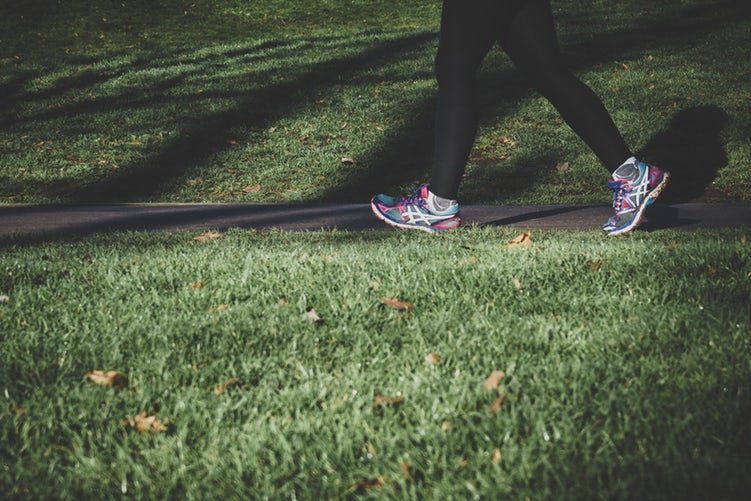
- Music therapy kids! Remove the blues and will-make-you-remember-sad-stuff music from the iPod and start your day with some peppy, guilty pleasure numbers – yes, I AM talking about Despacito, Sheila Ki Jawaani, and the likes.
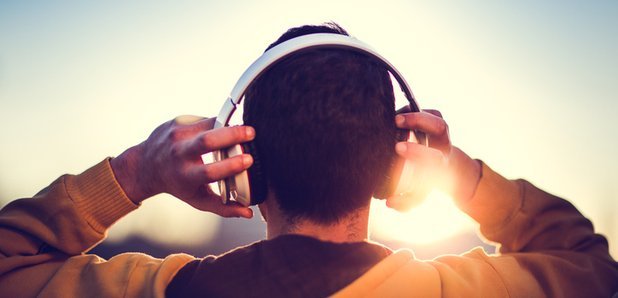
- Then there are changes that you can make in your living space: make more space, make your room clutter free, open space for natural light to come in, maybe install a skylight if you can, accessorise the room in bright colours, bring in some plants.
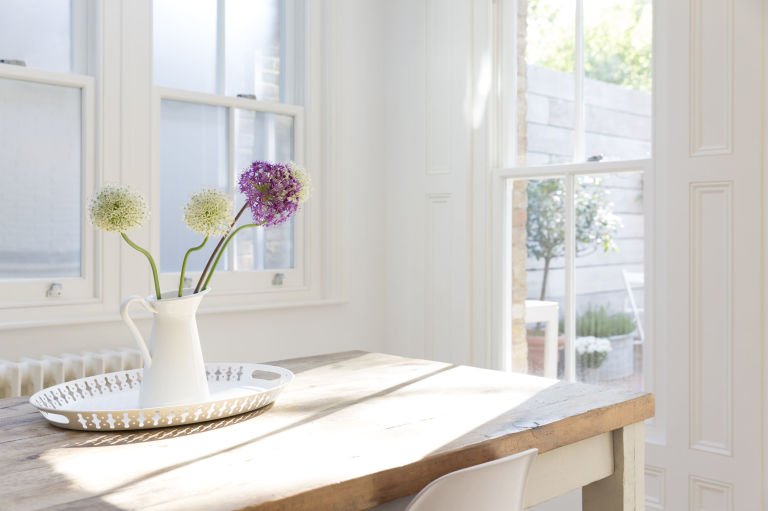
- In fact, help yourself to some winter fashion. Really. It is a known fact that dressing well contributes a lot to how you feel all day. And Winter opens up a whole new wardrobe to experiment with.

- Go out. Lunch outside maybe, take a walk, take your laptop and work out of a cafe. Even on a cold day, just staying outside helps a lot.
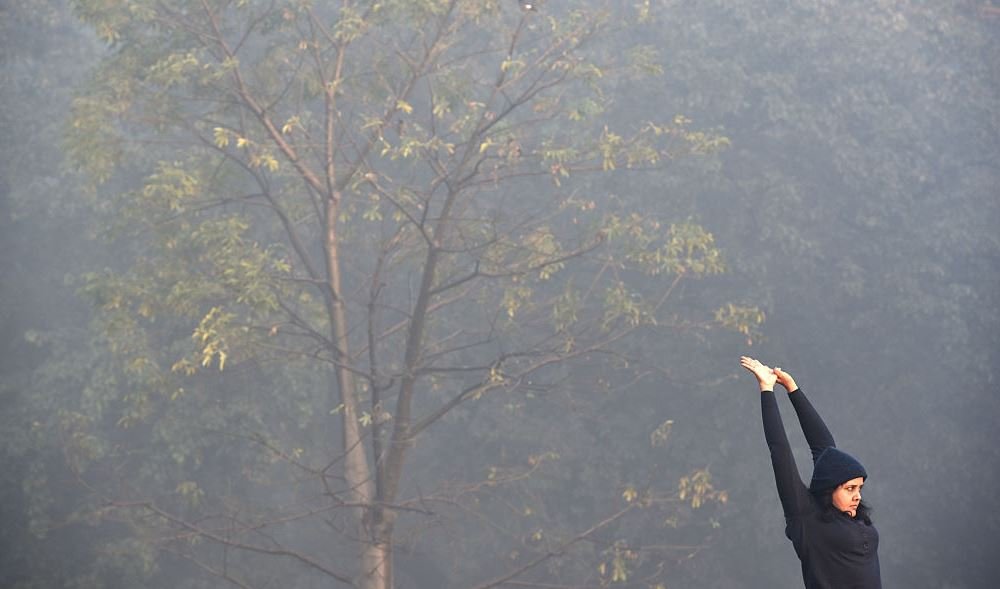
- Sleep on time. Wake up on time. Regulate your sleep pattern, even on weekends. Do not go into hibernation mode.
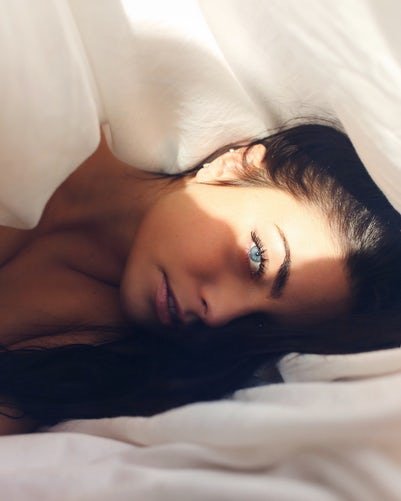
- Make it a point to stay in touch with friends, talk to them and meet them outside as often as you can manage. Talk about your feelings if you will, let out undue stress.
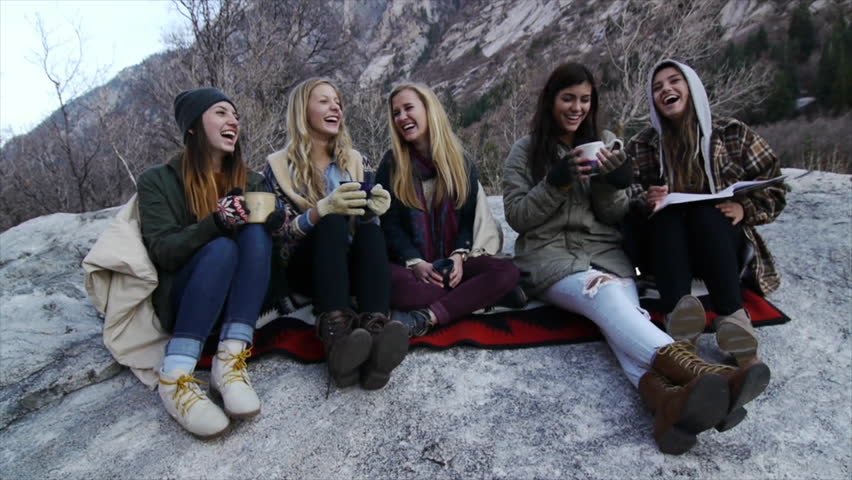
- Take a trip to sunnier pastures, not literally. Go enjoy a warmer climate for a while. A vacation is never ever redundant.

So there you are. We hope you are wiser and will be able to distinguish S.A.D from all the cold weather that’s starting to creep into the city slowly.

















